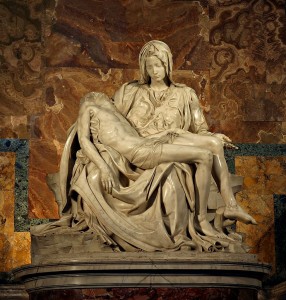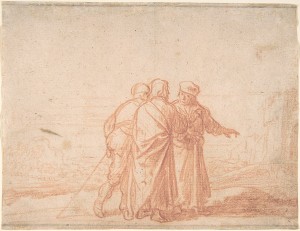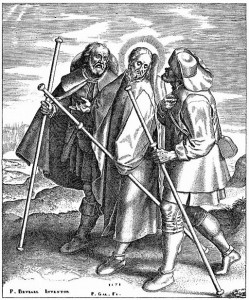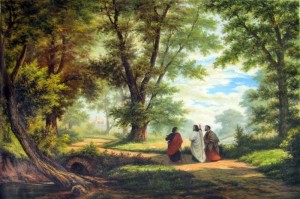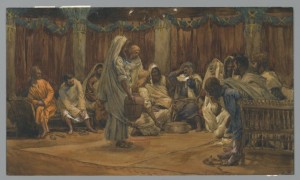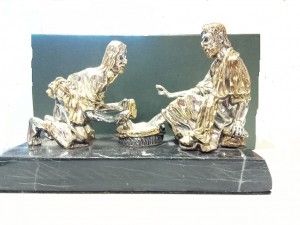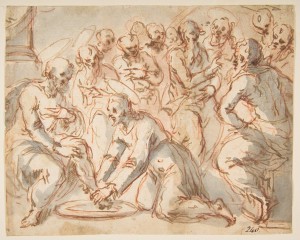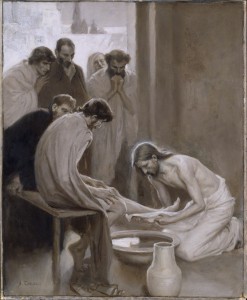Does objective good exist?
Is there anything that is good in itself, good because of some inherent value rather than for some practical value, or is this only a chimera we pursue in vain?
If what is good becomes only what is practical or what pleases me, then freedom becomes only a matter of doing whatever I want. Perhaps with a qualification of “as long as it does not hurt others” tacked on to the end. Freedom becomes a chasing after my own desires.
C. S. Lewis warns against a culture deciding that there is no objective good, that there is no definition of the good that exists outside of ourselves. He writes in Abolition of Man that “when all that says ‘it is good’ has been debunked, what says ‘I want’ remains.
Madeleine L’Engle writes in A Circle of Quiet that “Our country in general assumes that ‘the pursuit of happiness’ really means ‘the pursuit of pleasure’ and that therefore pleasure is the greatest good.Here, however, is the lie: We believe that if we decide objective good to be a myth, we are then free to choose. We are free to pursue our own desires.”
The truth, however, is that rather than being free to do what we want, we instead become enslaved to our own passions and desires. If there is no standard of goodness toward which we should aim, we only become bundles of desires, chasing after the next craving with no strength to resist and rest.
If, however, there is a good that is inherent in the fabric of reality, then freedom is the freedom to choose that good. Freedom is the ability to control our passions and desires by aiming them toward what is good.
Freedom is the cellist who has the skill and strength to weave her music into the whole, creating a beautiful song with the other instruments around her, pursuing a something that all would agree is intrinsically good.
To hear my blog post read aloud, just click the play button. If you’re reading this in an email, you may have to click here to hear the post on my site.
Art Credits: Fairy Tales by Jessie Willcox Smith; The Pieta by Michelangelo; Woman at a Table Near a Cello by Carl Holsøe


